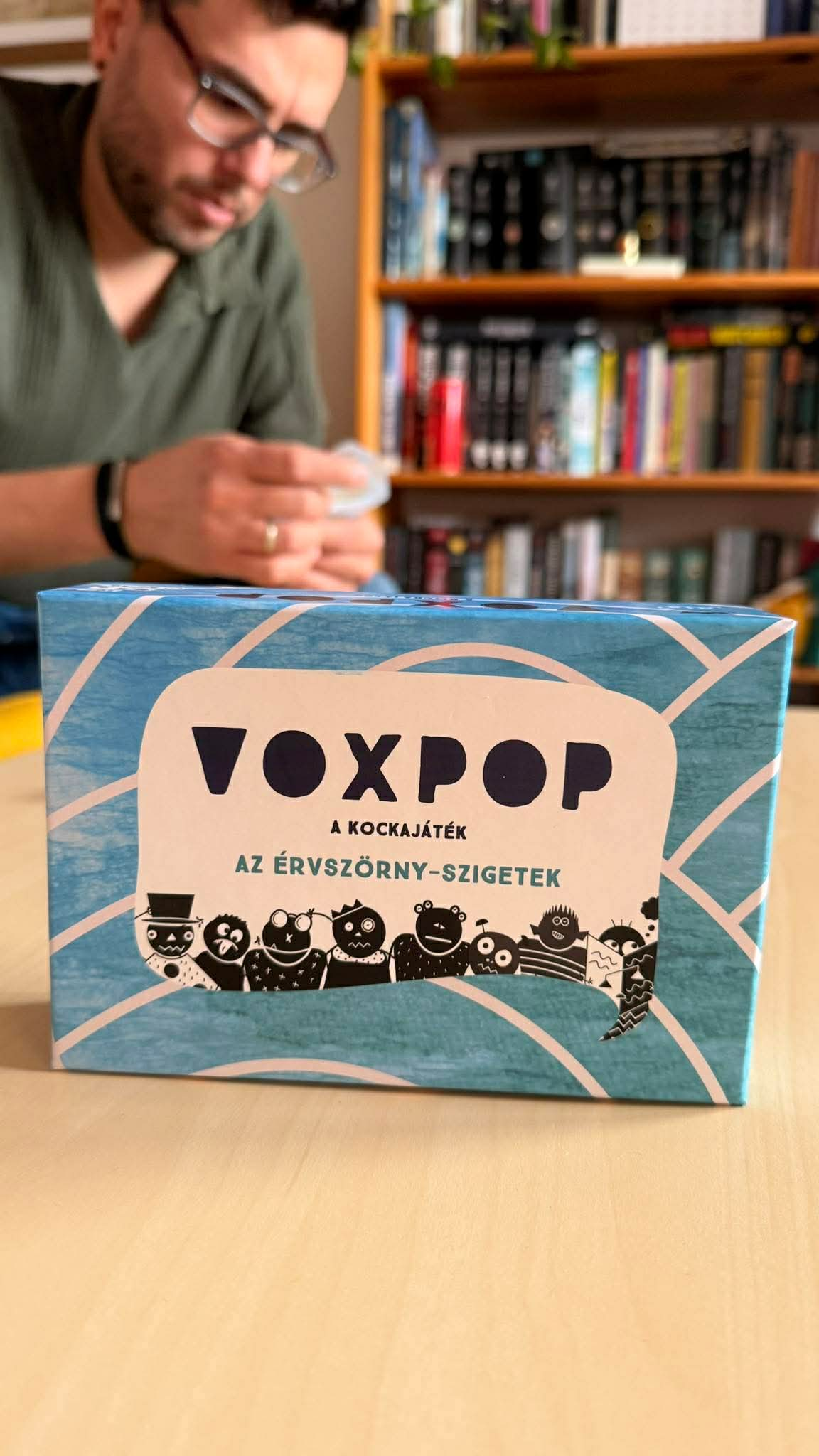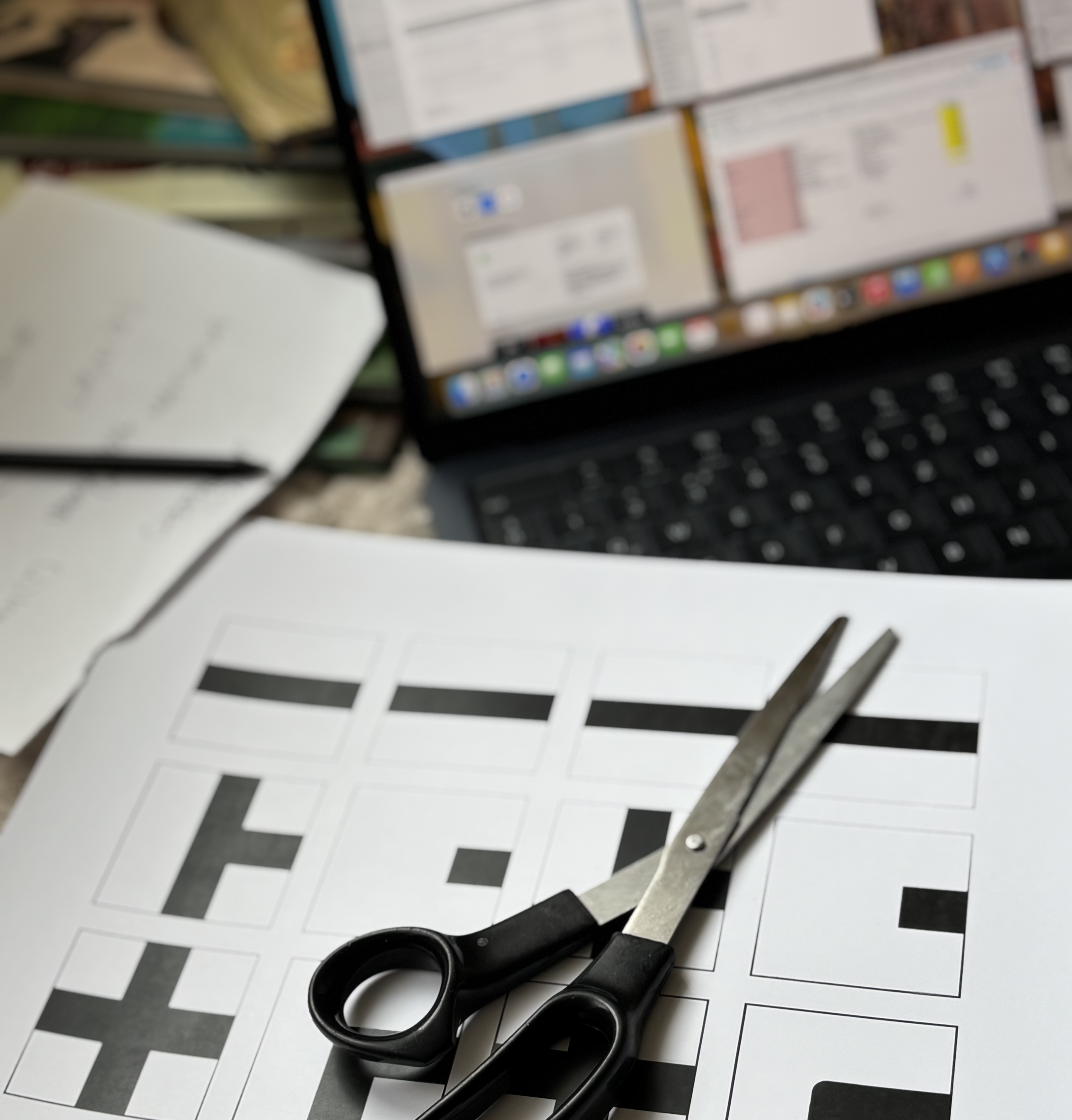Clearly, I have two answers to this question. The first is no. The other is that everything can be taught, including game design. Moreover, I'm both an educator and a game designer, so it's pretty much given that I should be able to do this. Yet, I'm filled with doubts.
My Doubts
Why is this important to me right now? Next week marks the start of a high school project and a university course where I need to talk about board game design. As a developer, I've supported board games before, but this situation feels very different. Students want to learn about what I do professionally because they're interested in doing something similar. So, I need to somehow support their learning process on this topic. Exciting.
While there are books on the subject and I know some who offer training, I feel compelled to start from my own practice. Of course, this requires understanding my own approach to game design, which, if anyone knows me a bit, includes elements I'm not fully conscious of. However, when it comes to game development and testing, there are plenty of clear aspects, just as I have had my fair share of experiences with various publication processes.
The plethora of creative writing courses available locally, which intimidate me a bit, often promote attitudes far from my own. For instance, how to write a bestseller... I'm certainly not at a point where I'd initiate my own game design course or workshop. Currently, I'm only responding to invitations, but if the experience is positive, who knows? Maybe I'll head in that direction if there's demand.
Board Game Design in High School and University
The two projects differ significantly due to the age groups involved: 7th grade vs. university students. Yet, they share the similarity of having a given theme, which quite well supports the ideation process. From this standpoint, I can envision the teams being supported in finding the gamifiable element. In both scenarios, it's clear that the learning process is more important than the outcome. Supporting a learning process, accompanying an educational project, feels much closer to me.
The university course will be longer—I'll also learn, for instance, about the sociological background of the topic and conduct fieldwork. Moreover, the university has committed to developing and possibly publishing the best idea to a certain level. I will be the expert supporter of this part, which is great, but selecting the best out of hopefully several good projects won't be easy. Nonetheless, I'm very much looking forward to it.
And of course, I'll report on the experiences across various platforms. By the end of the semester, I'll summarize these in a slightly more complex text. Then we'll see how this direction fits into my portfolio, which is still primarily focused on board game pedagogy and game design itself. Wish me luck!




